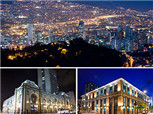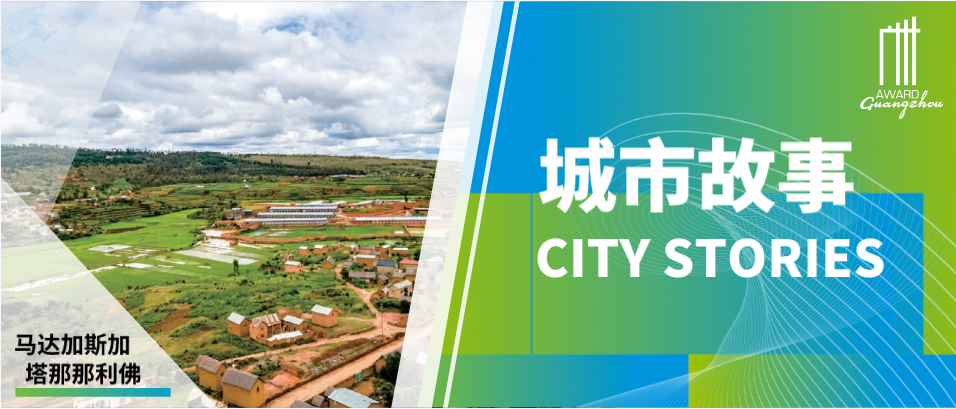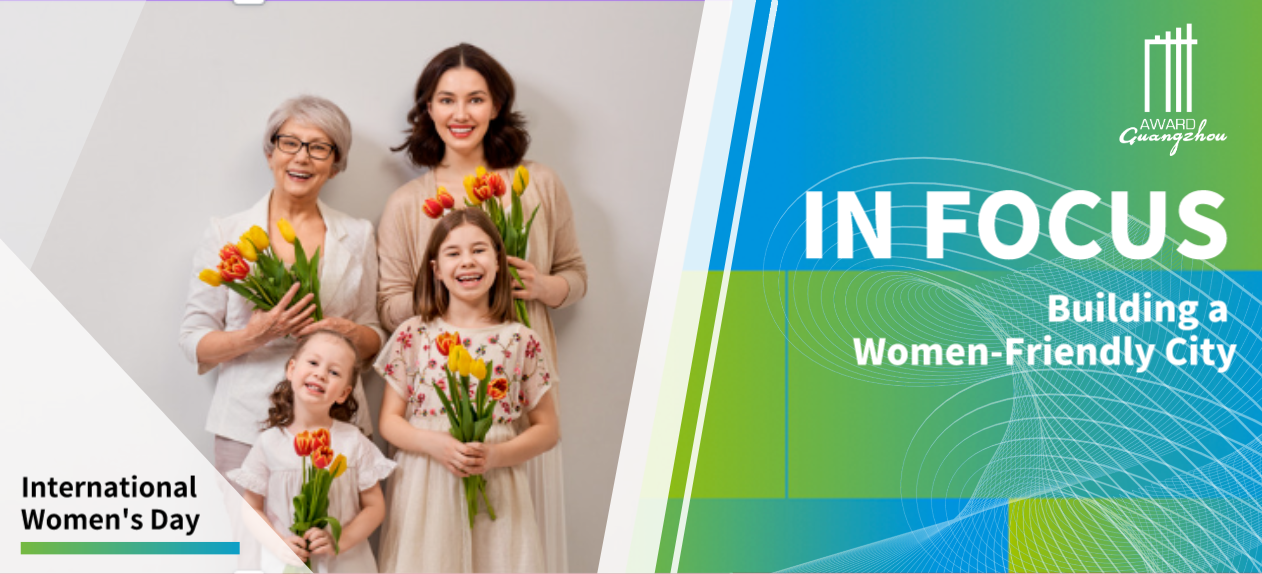Medellin, Colombia
Medellin Digital

Background Information
The Medellin Digital project was developed to address the problems of internet access and connectivity that Medellin was facing at the beginning of the 21st century. The main aim of the mayor’s office was to transform Medellin into the city with the highest level of education in Colombia. Medellin Digital was created according to that key objective to bring new tools of communication and information to all the neighborhoods within the city.
Digital connection allows for new possibilities in citizen participation since the city is efficiently connected to the world. Medellin Digital seeks the consolidation of a society where the use of ICT and the connectivity through social networks help improve the quality of life among the whole community.
Close to 1.5 million people have benefited from Medellin Digital. We are in 247 public schools, 8 local business development centers, 5 Library Parks, 45 Government places and 21 public places. They all have free Internet connection and all the equipment required to navigate, play and learn.
Goals of the Initiative
Medellin Digital aims to make ICT a common tool for development and social change among the citizens of Medellin. This is a goal that is being achieved gradually and that has a deadline set for 2020. By that date, we expect that over 75 percent of the city’s population will be regular users of internet. This will serve as the background for a vibrant interurban core in which knowledge will flow and communities will be able to change their realities with technology as a main instrument.
Parties and Partners to the Initiative and Resources Used for Implementation
Municipality of Medellín (public): The main body responsible for the creation of the program, and one of the partners that each year contribute a budget for the upkeep of Medellin Digital.
UNE – EPM Telecommunications (Public): The main investor of the initiative and the technologic ally and equipment provider. UNE-EPM Telecommunications is a public telecommunications company of Medellin.
Medellin City Council: The instance that approved and ordered to have the program created by request of the mayor’s office.
The resources used for implementing the initiative include:
The project is being sustained by two partners: Medellín City Municipality, which through its areas of education, entrepreneurship, culture and city planning provides part of the budget in order to keep the program functioning. The other partner is UNE-EPM Telecommunications, a local public telecommunications company that has business in broadband internet, mobile technology and provides full IT support to both corporate and residential clients. UNE-EPM provides a big part of the budget for Medellin Digital, and at the same time is the technology ally which provides the infrastructure needed for the program.
Innovation for the Initiative
The initiative has been proved as a revolutionary experience considering the local context. The National Ministry of ICT has taken up the Medellin Digital strategy as a model to build a technology policy for the rest of the country. Also many other municipalities have travelled to Medellin in order to learn first-hand the achievements of Medellin Digital.
What allegedly has been revolutionary about this program is that it puts appropriation as a set goal focus, recognizing the need for top equipment and working technology, but always putting the human factor first.
During the first five years of Medellin Digital (2007 - 2011) emphasis was focused on four areas—education, culture, entrepreneurship and governance. Beginning in the second semester of 2012 Medellin Digital incorporated new areas of work such as sustainability, health and social innovation.
Medellin Digital had its roots in other strategies that were initiated in Medellin, mostly relating education and ICT, such as ‘Click Aprende Mejor’ which differed from other initiatives in the region because it set its focus on appropriation.
Medellin Digital is an aggregate of the science, technology and innovation ecosystem. As such, it has benefited many parties within the city. Most of them are related to the regional government, but also entrepreneurs, independent initiatives and cultural organizations have taken advantage of the social changes proposed by this initiative.
-
 In Focus | The World Earth Day: Planet vs. Plastics
In Focus | The World Earth Day: Planet vs. Plastics -
 Urban Innovation in China | Shenzhen: How to Maintain Momentum to Achieve Carbon Peak by 2030 While Leading Green and Low-Carbon Development?
Urban Innovation in China | Shenzhen: How to Maintain Momentum to Achieve Carbon Peak by 2030 While Leading Green and Low-Carbon Development? -
 City Stories | Antananarivo, Madagascar: Building Resilience in the City Food System
City Stories | Antananarivo, Madagascar: Building Resilience in the City Food System -
 In Focus | International Women’s Day: Building a Women-Friendly City
In Focus | International Women’s Day: Building a Women-Friendly City























 Tel: +86 20 3780 4434
Tel: +86 20 3780 4434 Email: info@guangzhouaward.org
Email: info@guangzhouaward.org Address: Rm 1609, FuLiXinTianDi, No.307 Guangzhou Dadao Zhong, Yuexiu District, Guangzhou, Guangdong, 501600, PRC
Address: Rm 1609, FuLiXinTianDi, No.307 Guangzhou Dadao Zhong, Yuexiu District, Guangzhou, Guangdong, 501600, PRC




